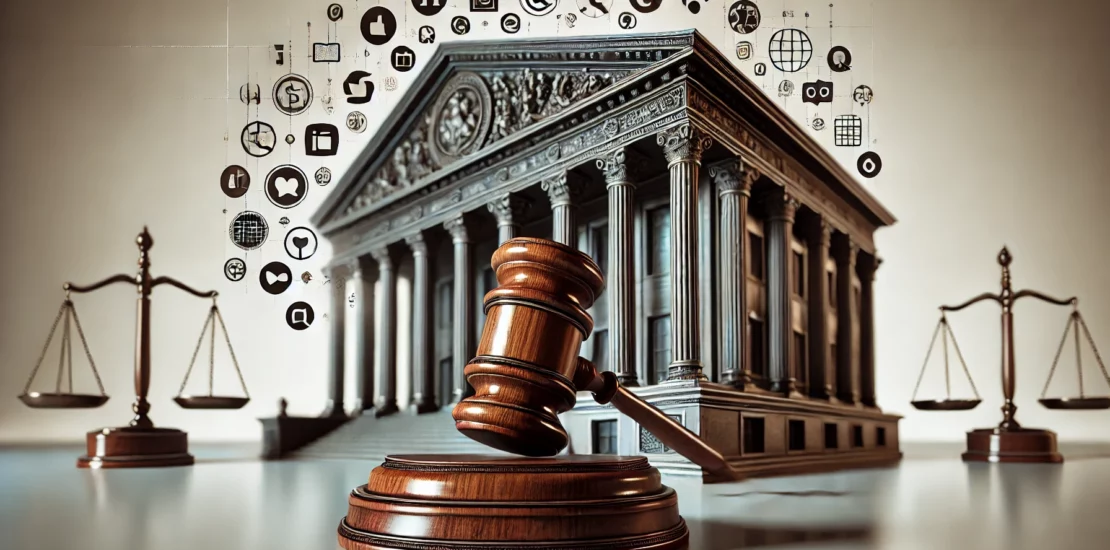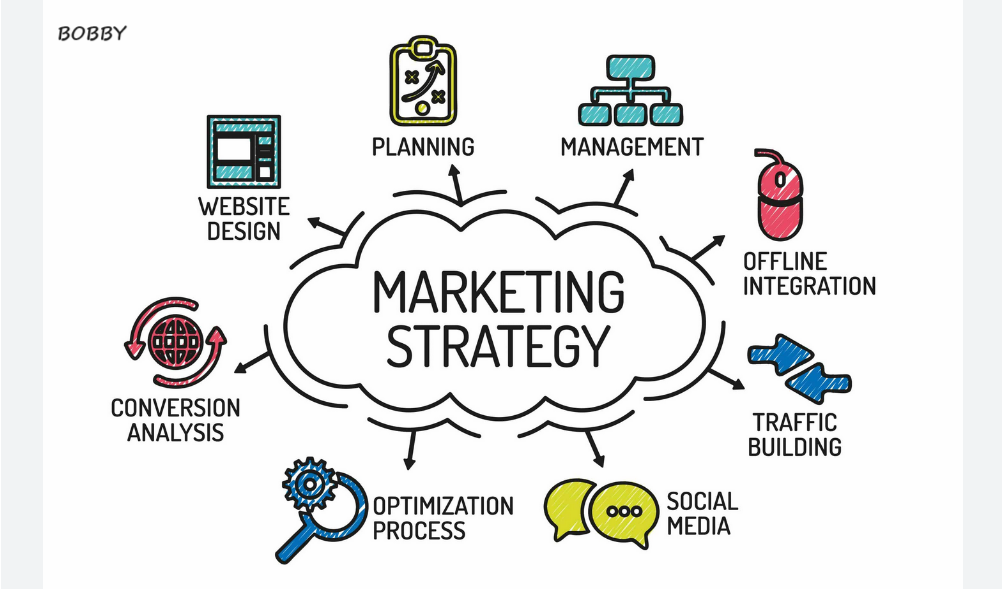In 2024, antitrust cases against major technology companies surged worldwide as new legislative frameworks emerged to tackle the growing influence of Big Tech. Governments and regulatory authorities are adapting to rapid technological advancements and redefining the boundaries of market control. Today, it’s difficult to conduct everyday online activities—searching, shopping, or messaging—without relying on platforms operated by Google, Amazon, Facebook, Apple, or Microsoft.
As 2025 unfolds, the trials and legal battles against these companies are set to intensify. Collectively, the five tech giants have spent over €33 million lobbying European Union authorities, highlighting the stakes involved. In the United States, the Trump administration’s 2020 lawsuit against Google for search engine monopolization illustrates the complex political and legal challenges surrounding Big Tech. With a new administration in place, the resolution of these cases may require more than legal resources and corporate wealth—it could redefine the tech landscape entirely.
5. Meta’s Instagram and WhatsApp Mergers Under Fire
For Mark Zuckerberg, history appears to be repeating itself. Meta is facing renewed scrutiny over its acquisitions of Instagram and WhatsApp. The U.S. Federal Trade Commission (FTC) maintains that these mergers were intended to suppress competition. Despite a prior charge being dropped in 2021, the FTC has refiled its complaint, with a court hearing scheduled for April 14, 2025.
In Europe, the European Commission is reviewing Meta’s compliance with the Digital Markets Act, specifically concerning its “pay or consent” policy for user data. Meanwhile, media companies in Spain have filed a €582 million lawsuit, alleging unfair competition and exploitation of user data for targeted advertising.
Meta’s CEO isn’t the only executive under scrutiny. Google CEO Sundar Pichai is also facing mounting antitrust challenges, reflecting the growing global focus on Big Tech’s market dominance.
4. Google’s Monopoly Under the Spotlight
Google’s legal troubles gained momentum when U.S. District Judge Amit Mehta ruled in August that the company had unlawfully monopolized the online search industry. This landmark decision marked the first successful antitrust ruling against a major internet company in decades.
Following this, eight U.S. states, along with the Department of Justice (DoJ), filed a second antitrust case against Google. They allege that the company has acquired competitors and coerced advertisers and publishers into using its advertising technologies. In the United Kingdom, the Competition and Markets Authority (CMA) is investigating Google’s advertising practices, with findings expected by the end of 2025.
Even as Google’s dominance in search and advertising faces scrutiny, its major competitors are not immune from regulatory attention.
3. Apple Confronts Multiple Antitrust Challenges
Apple continues to grapple with numerous antitrust cases across the United States and Europe. In March 2024, the European Commission fined Apple €1.8 billion for violating competition laws in the music streaming sector. Despite appealing this ruling, Apple is now facing additional challenges.
In the U.S., the Department of Justice sued Apple in March 2024, accusing the company of inflating pricing, restricting third-party apps, and suppressing competition in the App Store and smartphone markets. Fifteen U.S. states joined the lawsuit, highlighting alleged restrictions on cross-platform messaging and interoperability with rival devices. Apple has denied these allegations, arguing that its practices enhance user security and experience.
2. Amazon’s Antitrust Struggles
Amazon, the e-commerce giant, is under intensified scrutiny in both the U.S. and Europe. The FTC is suing Amazon in the United States, claiming that the company misled customers into subscribing to its Prime membership program. The trial is scheduled for June 2025.
In addition, 17 U.S. states allege that Amazon maintains its monopoly by pressuring vendors and raising prices. In Europe, the European Commission is exploring an antitrust investigation under the Digital Markets Act. If Amazon is found to favor its branded goods over competitors, it could face fines of up to 10% of its annual revenue.
1. Microsoft Faces Global Regulatory Pressure
Microsoft is increasingly facing antitrust investigations focused on its cloud services, AI products, and software bundling practices. The FTC and the European Union are examining concerns over Microsoft Teams integration with its Office suite and licensing practices for Windows Server software.
In the UK, a £1 billion lawsuit alleges that Microsoft charges higher licensing fees for clients using competitor cloud platforms, including AWS, Google Cloud, and Alibaba. Meanwhile, Google has formally lodged complaints with the European Commission about Microsoft’s alleged anti-competitive behavior in enterprise software markets. As regulatory scrutiny intensifies, Microsoft finds itself at the center of multiple global disputes.
Implications for the Big Tech “Magnificent Seven”
Apple, Microsoft, Amazon, Tesla, Nvidia, and Meta—often referred to as the “Magnificent Seven” of the stock market—together represent roughly half of the Nasdaq’s market weight. Depending on perspective, these firms either wield disproportionate influence or act as pillars of the modern tech-driven economy.
The ongoing antitrust litigation underscores regulators’ commitment to curbing monopolistic behavior that hinders competition and innovation. From lawsuits and investigations to legislative scrutiny, 2025 is shaping up to be a pivotal year for Big Tech. Companies that fail to address vulnerabilities in their operational practices risk not only financial penalties but also reputational damage and regulatory restrictions.
The Bottom Line
The increasing wave of antitrust cases against Big Tech highlights the evolving relationship between technology companies, regulators, and the public. With Google, Amazon, Apple, Microsoft, and Meta under heightened scrutiny, the legal landscape for digital giants is more complex than ever.
The rise of legislative frameworks, such as the Digital Markets Act in Europe, and renewed scrutiny from U.S. authorities reflect a global shift toward accountability and fair competition in the tech sector. Companies that adapt to these changes with transparent practices, competitive pricing, and fair market strategies will likely maintain investor confidence and long-term market relevance.
Meanwhile, the escalating legal battles of 2025 demonstrate that unbridled technological dominance often attracts regulatory pushback. For Big Tech, innovation alone is no longer enough; compliance, transparency, and cooperation with regulators are equally critical to sustaining their global market positions.




